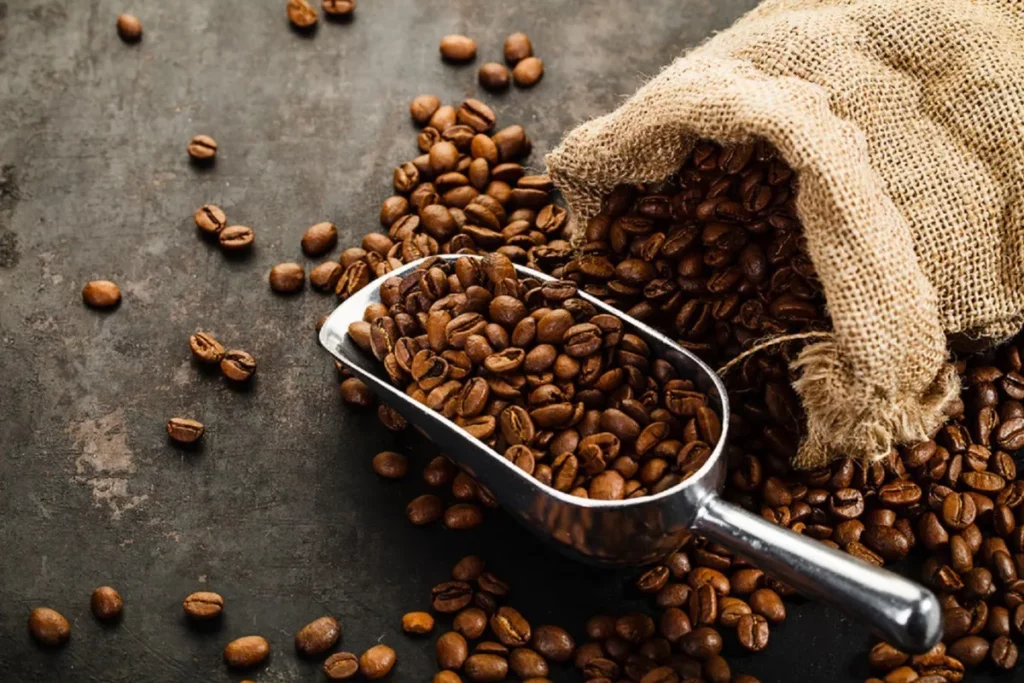The UWI Mona Faculty of Science and Technology is at the forefront of efforts to propel sustainable coffee production to new heights. Through meticulous research, UWI scientists have diligently examined the intricate dynamics of the coffee berry borer (CBB) in order to provide coffee growers with valuable insights for making informed management decisions.
The aim is to enable the growers to develop and evaluate area-specific integrated pest management programmes in partnership with the researchers.
“Unwavering dedication and commitment to fostering sustainable practices in the Jamaican coffee industry, are driving our researchers to explore the behaviour of the CBB. The primary objective is not only to effectively manage this invasive beetle but also to significantly minimise its detrimental impact on coffee plantations. This kind of research aligns well with the Faculty’s broader mission to contribute to the advancement of agricultural innovation,” expressed Faculty of Science and Technology Dean, Michael Taylor.

The study involved monitoring seasonal CBB activity using traps strategically placed on coffee farms in the high mountain and Blue Mountain regions of Jamaica. Dr. Dwight Robinson, one of the scientists involved in the research revealed, “Trap collection numbers were meticulously compared with berry infestation in the field, revealing that the highest CBB infestation levels occurred in November and October in the high mountain and Blue Mountain regions, respectively. This aligns with the presence of susceptible berries.”
Interestingly, CBB activity and infestation levels were found to be similar in both study locations and were not significantly influenced by temperature or humidity. However, a notable correlation was discovered between CBB activity, infestation, and the amount of rainfall. “Differences in cultural control practices and cropping cycles were also observed between locations, providing valuable insights into the diverse factors influencing CBB populations” added Dr. Robinson.
Other members of the research team are Dr. Ameka Myrie, Dr. Tannice Hall, Dr. Denneko Luke, Dr. Bhaskar Rao Chinthapalli, and Prof. Paula Tennant from the Department of Life Sciences, Faculty of Science and Technology, The University of The West Indies, Mona Campus. Their critical and relevant research lays the essential groundwork for comprehending the dynamics of CBB populations in Jamaica.
“Importantly, as we continue on our journey to apply research in transformative ways for our society, we extend an invitation to all stakeholders to join us as we use scientific excellence to ensure the future resilience of Jamaica’s vibrant coffee sector,” concluded Dean Taylor.




